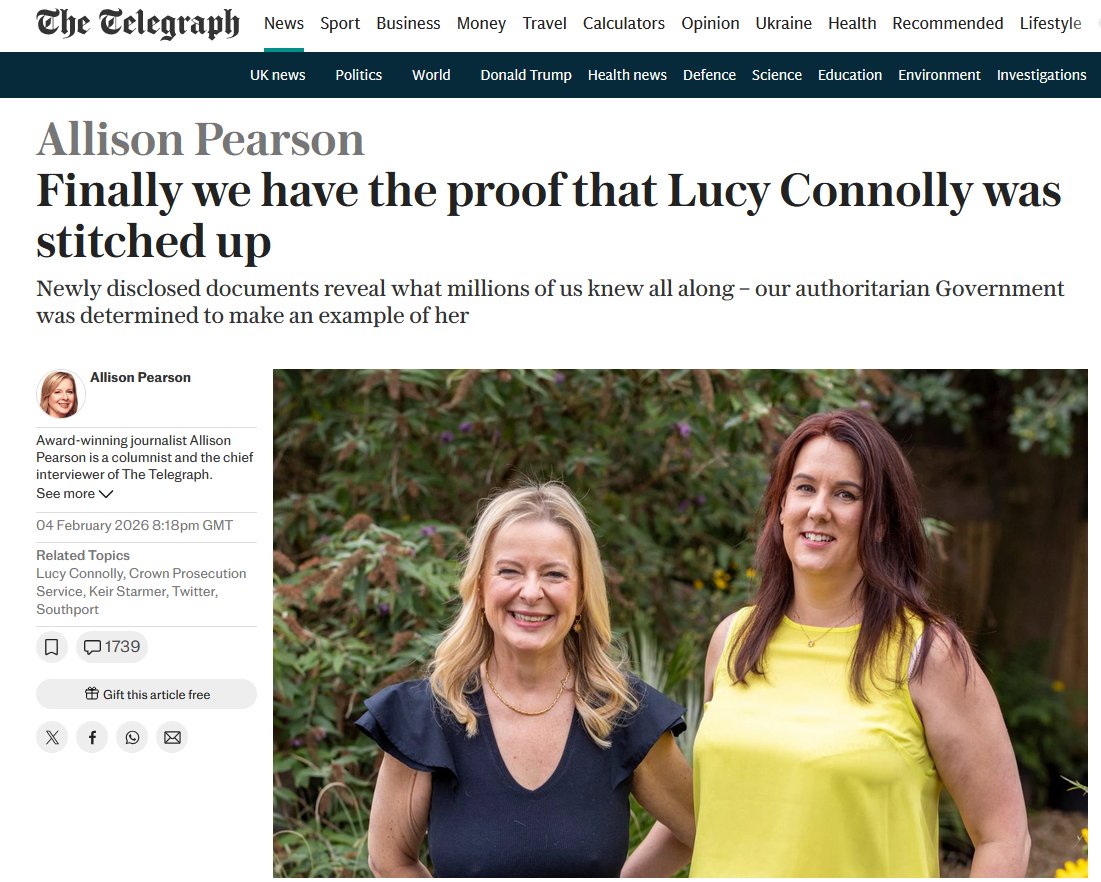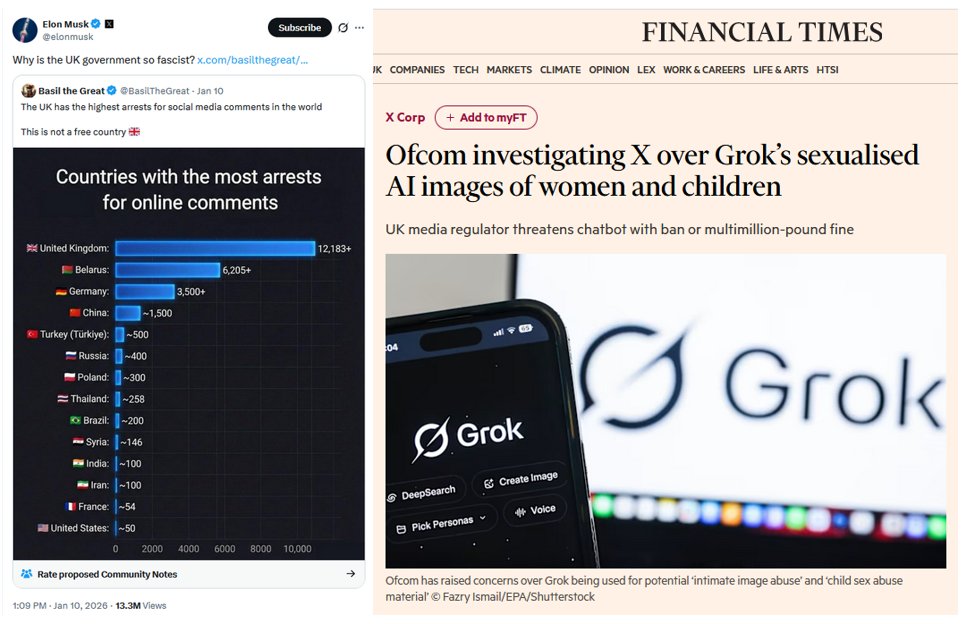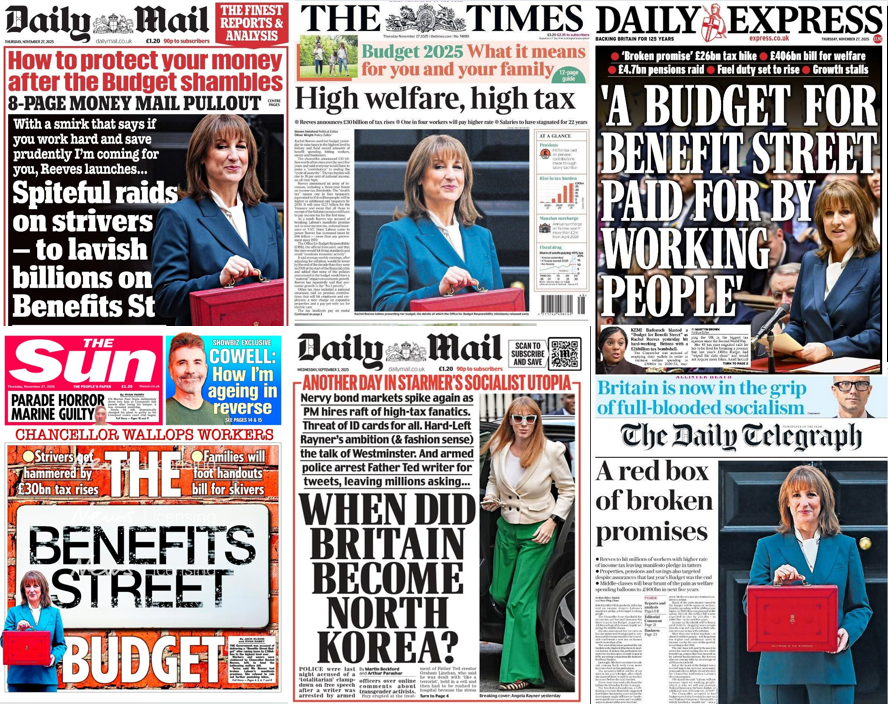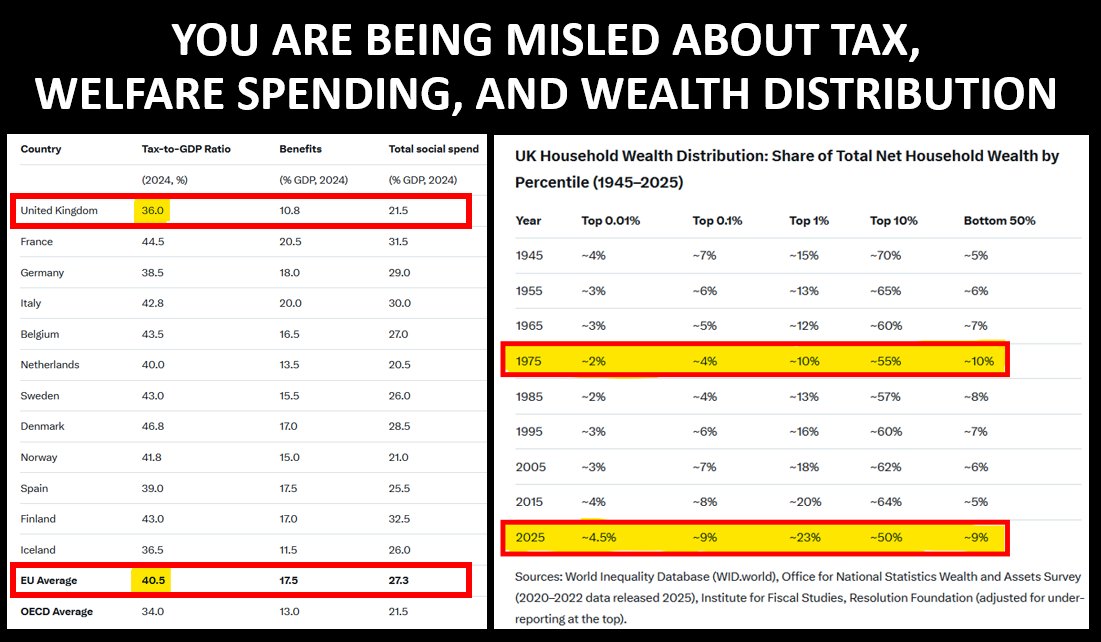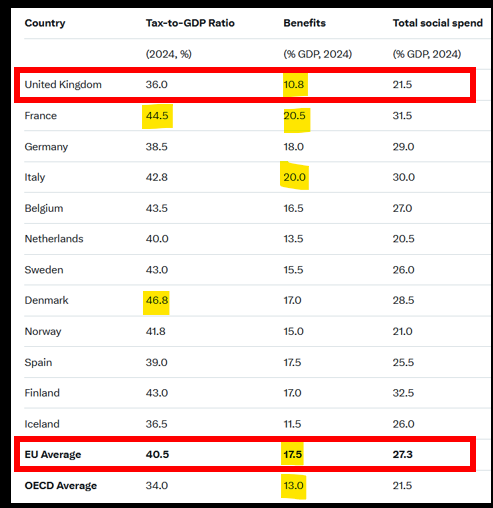"As indispensable to confronting, say, your domineering mother-in-law or your local city council as it is to helping foment an ongoing & ever-escalating insurrection against, say, a sexist, racist, nepotistic power-mad oligarchy threatening to destroy democracy as we know it..." 



A guerrilla guide to radical protest and joyful political resistance from artist, activist and Pussy Riot founder Nadya Tolokonnikova, founding member of Pussy Riot, creative activist, professional protestor, brazen feminist, & shocking visual artist.
blackwells.co.uk/bookshop/produ…
blackwells.co.uk/bookshop/produ…
Nadya's spontaneous, explosive approach to political action has involved jumping over barbed wire, kissing police officers, giving guerilla performances in crowded subway cars, and going on a hunger strike to protest the abuse of prisoners. 

She's been horse-whipped by police, temporarily blinded when officers threw paint in her eyes, & monitored by the Russian Govt. But what made Nadya an activist icon happened on February 21, 2012, when she was arrested for performing an anti-Putin protest song in a Moscow church. 

Nadya was sent to a Russian prison for 18 months & emerged as an international symbol of radical resistance, as calls to "Free Pussy Riot" resounded around the world.
Nadya has become an emissary of hope & optimism despite overwhelming & ugly political corruption.
Nadya has become an emissary of hope & optimism despite overwhelming & ugly political corruption.

Read & Riot is structured around Nadya's ten rules for revolution (eg Make your government shit its pants! Take back the joy!) & illustrated throughout with stunning examples from her extraordinary life & the philosophies of other revolutionary rebels throughout history. 

Rooted in action and going beyond the typical "call your senator" guidelines, Read & Riot gives us a refreshing model for civil disobedience, and encourages our right to question every status quo and make political action exciting--even joyful.
If not now, when?
If not now, when?

• • •
Missing some Tweet in this thread? You can try to
force a refresh


